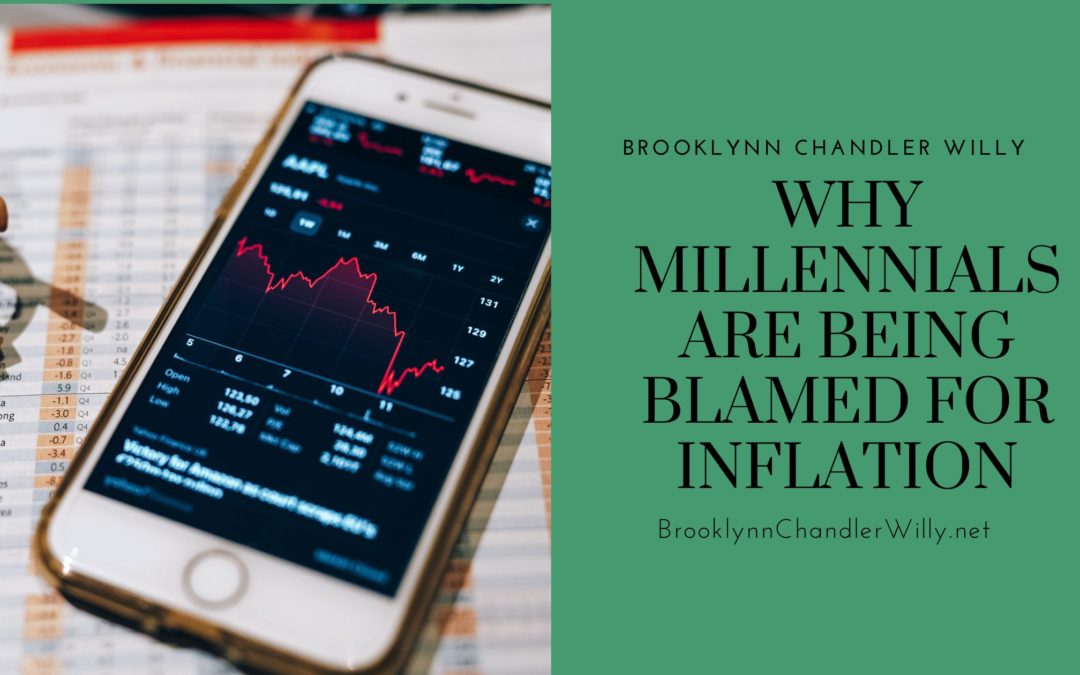The rising cost of living puts investors on edge and raises fears of a recession. This week, the government reported that consumer prices in the US increased by 9.1% in June. Janet Yellen, the head of the Federal Reserve, said that inflation is too high.
The rising cost of living is attributed to various factors, such as the conflict in Ukraine and the high prices for energy and commodities. However, experts believe that one of the most significant factors is millennials.
Although millennials are responsible for rising prices, their choices are not causing it. Instead, it’s the size of their generation that’s responsible. There are around 92 million millennials in the US, most of whom are in the 27 to 42 age group.
According to Bill Smead, the chief investment officer of Smead Capital Management, the number of millennials exceeds that of Gen Xers. This means more people are willing to spend money on necessities like cars and houses. Smead was a baby boomer when the population of this age group peaked at 75% higher than the previous generation.
During the 1970s and 1980s, he experienced the Great Inflation. He attributed the price rise to various factors, such as the OPEC oil embargo and, most notably, the federal budget deficits. He also blamed the Great Society, a series of policies introduced by President Lyndon Johnson, for the high inflation.
During the 1970s, the baby boom generation entered the phase of “necessity spending.” This means that they were starting to establish households. Unfortunately, many people were spending the same time during this period, leading to an inflation binge.
Although there are similarities between millennials and baby boomers, the latter had waited five to seven years to get married, have kids, and start a family. More millennials also have college degrees, which gives investors hope for the future.
Economists have claimed that the price hikes would eventually be short-lived and that the supply chain would recover. However, experts disagree. They believe the current inflation rate of around 9% will eventually disappear. Instead, he thinks the country will experience long-term inflation of 5%.
This blog/website is only made available for educational purposes. It is designed to give visitors general information and a general understanding of select financial topics. It is not intended to provide specific financial or investment advice. Conduct your own due diligence or consult a licensed financial advisor/broker before making any and all financial/investment decisions.

